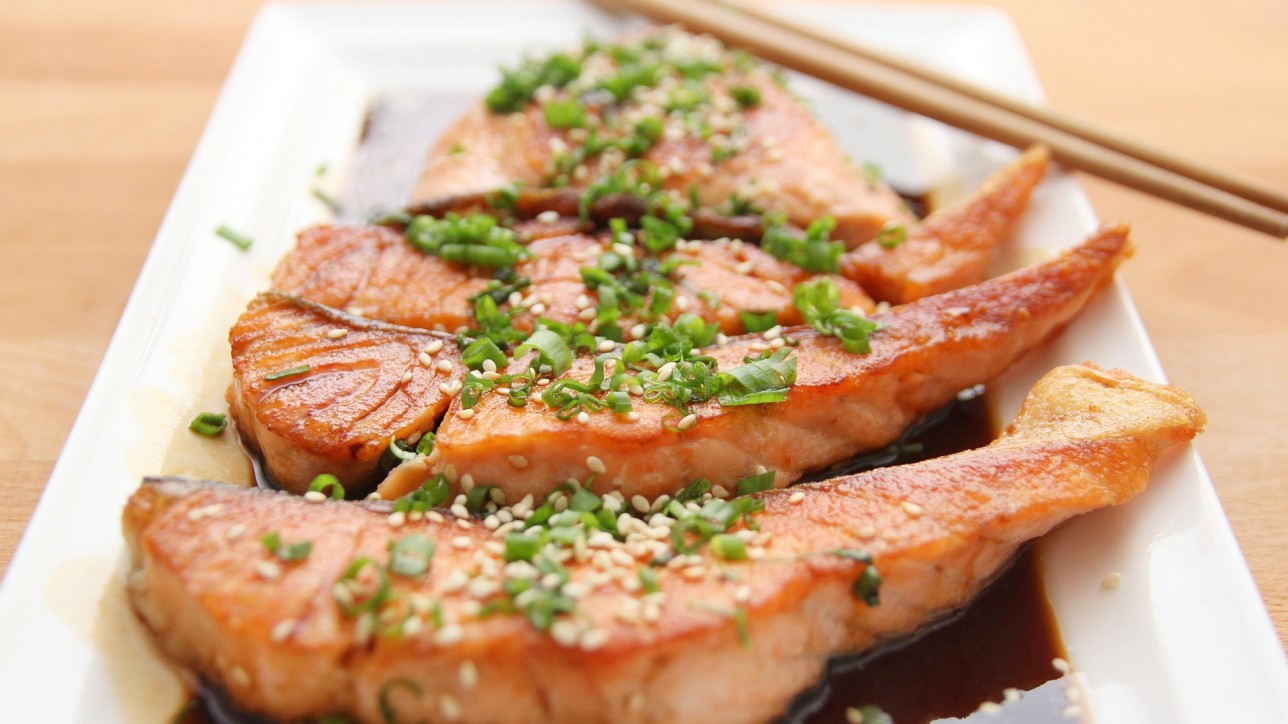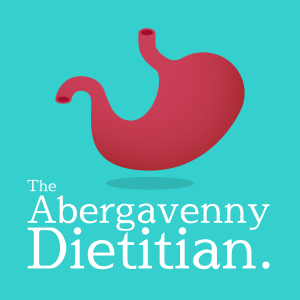Cancer and the side effects of treatment can have a big impact on your appetite and body weight. You might feel you have other priorities, but it’s important to pay attention to your diet. This is partly because good nutrition will help support your body on its journey to recovery, and partly because there is emerging evidence that a healthy, balanced diet can reduce the chance of cancer reoccurring.
A healthy, balanced diet
A healthy, balanced diet is one of the best options for your overall health. Healthy eating and keeping a healthy weight will help you increase your energy levels and boost feelings of well-being. It may also minimise the risk of new cancers and other conditions such as heart disease, stroke and diabetes.
Foods such as meat, fish and pulses contain proteins that are needed for body tissue growth, muscle strength and the ability of the body to heal itself. You also need energy foods such as bread, potatoes, rice and pasta – these also contain important vitamins and minerals.
Dairy products including milk and cheese are a good source of protein, fat, vitamins and minerals. Choose the full-fat options when you are trying to regain weight.
Sugary foods such as chocolate and honey are great in moderation for maintaining energy levels.
Butter and oils provide healthy sources of energy and contains fat-soluble vitamins.
Fruit and vegetables are an excellent source of vitamins and minerals, but they do not usually contain much in the way of protein and energy. You may want to cut down your intake of these foods and consume more energy-dense foods if you have a low appetite.
Try to drink eight to ten cups of fluid a day.
Don’t forget about food hygiene
If you are sick or receiving cancer treatment, you are more likely to suffer from food poisoning as your immunity is already compromised. To order to help protect yourself from food-borne pathogens, good hygiene is important and certain foods should also be avoided. The following advice is important if your medical team has told you that your immunity is low:
- Make sure your hands are clean when you’re cooking and eating.
- Ensure your food is well cooked, particularly meat and fish.
- When you eat raw foods such as salads or vegetables, be sure to wash them properly.
- Store food in accordance with instructions on the packaging, and keep an eye on use-by dates.
- Be cautious about eating out. Be mindful of your food choices and of how the food is prepared and cooked. To minimise the risk of food poisoning, choose only popular food establishments.
General advice for those with a low immunity involves avoiding eating these foods:
- pâté
- raw eggs and food items prepared using raw egg (such as homemade mayonnaise)
- uncooked seafood
- probiotic foods
- unpasteurised milk and cheeses made from unpasteurised milk (like parmesan, and mould-ripened and blue-veined cheeses)
If you have cancer, there may be specific advice that people with your specific condition might need to follow. Contact me or your doctor for advice on this.
What if I don’t feel like eating during cancer treatment?
There are a number of reasons why people lose their appetite when they have cancer. In some cases, the cancer itself may be reducing the appetite. Other people might be affected by the side effects of the care they are getting, or medication they are taking.
Here are some tips for how to keep your food intake up:
- Eat little, eat often – Most people find it easier to take small regular snacks throughout the day than to stick to their normal three meals a day.
- Eat in the morning – Some people have a better appetite after a night of rest.
- Eat nourishing foods – Focus on high-protein, high-calorie foods when you feel the need to eat.
- Choose easy to eat foods – Some people find it easier to eat moist foods such as scrambled eggs or stews, especially if they have a sore mouth or trouble swallowing.
The Abergavenny Dietitian
The advice I give here is very general. If you’re looking for more specific advice for your individual circumstances, talk to me! I can advise you about specific changes you can make and address any other dietary issues you might when you are going through cancer treatment, such as poor appetite, nausea, taste changes, bowel problems or coping with a new stoma. Call me today for a free five-minute discussion.
Disclaimer: All content found on this website, including images, videos, infographics and text were created solely for informational purposes. This content should never be used for the purpose of diagnosis or treatment of any medical conditions. Content shared on my website is not meant to be used as a substitute for advice from a regulated medical professional. Reliance on the information provided on my website as a basis for patient treatment is solely at your own risk. I urge all my customers to always consult a doctor or a regulated medical professional before implementing any of the advice found on these blogs.


